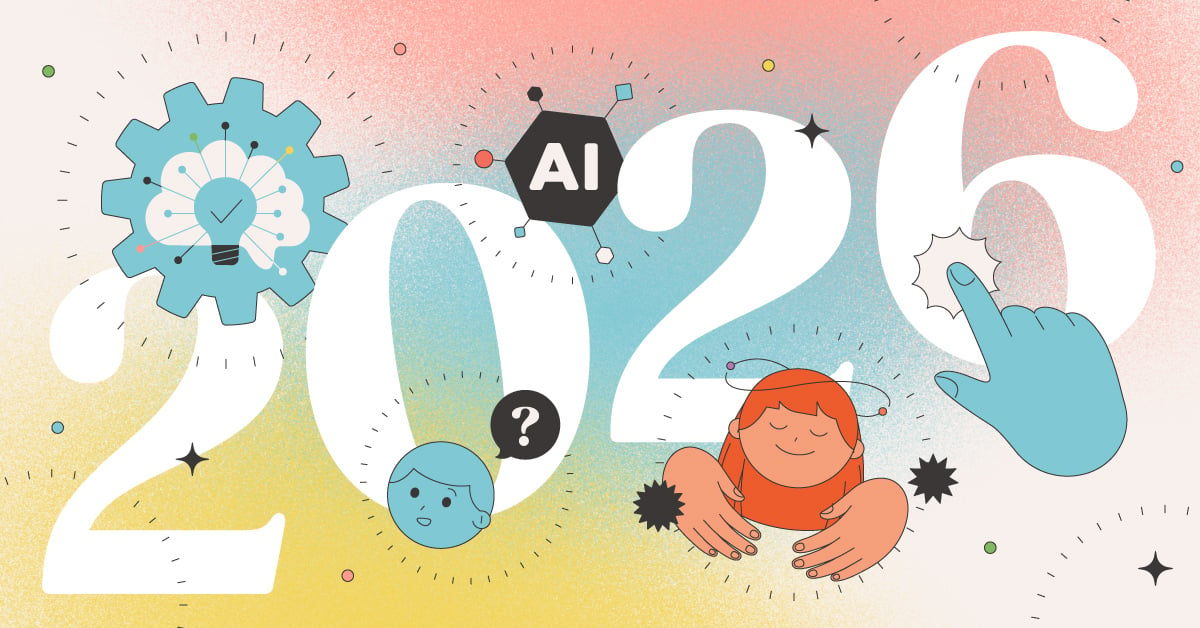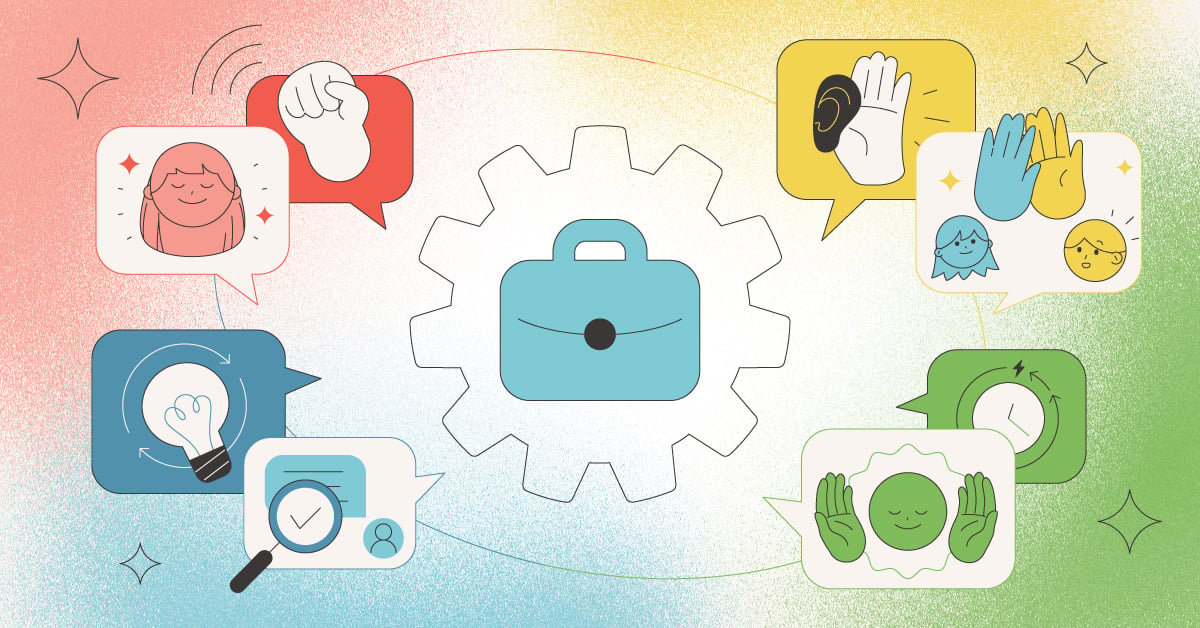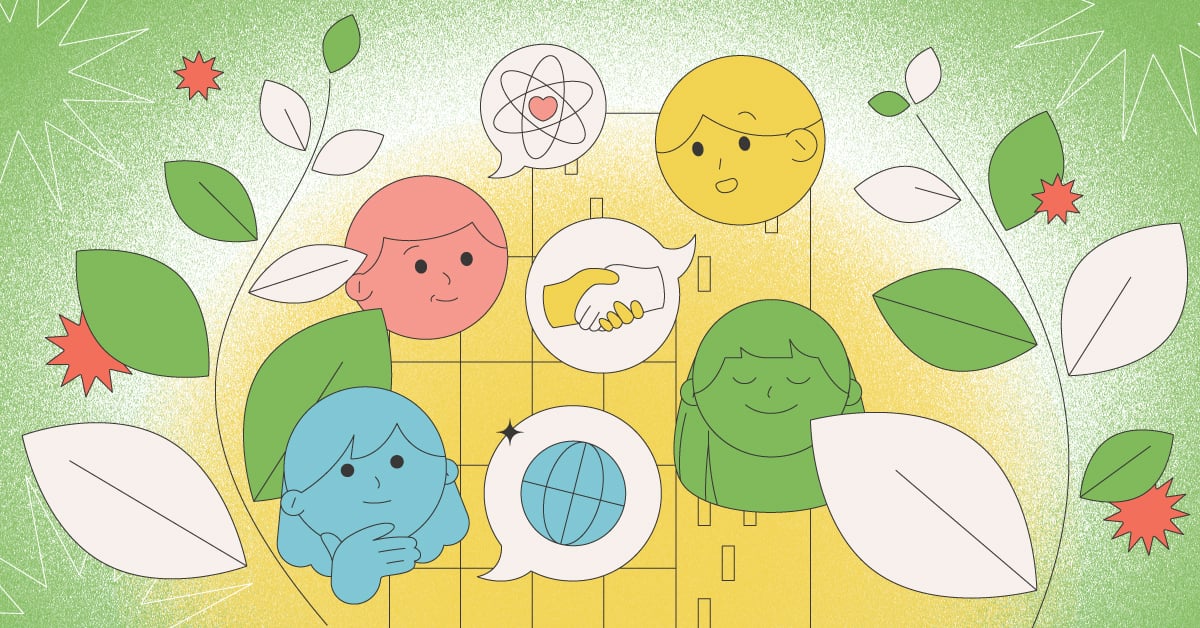
Selfies, they’re everywhere! People take them with their food, their friends, their pets and yes, even while making the infamous duck face!
But there’s a dark side to selfies. The Washington Post reported that more than 250 people worldwide had died taking selfies in one year. In each case, the person taking the selfie was unaware of the impending danger. It seems like that we are a people preoccupied with selfies. And the more preoccupied we get, the less self-aware we become.
In an ever-increasing “me-first” world, a return to self-awareness may be just what we need to survive, and excel. What is self-awareness and how does a person increase this valuable commodity?
What is self-awareness?
One online dictionary defines self-awareness as "Knowledge and awareness of your own personality or character." Self-awareness is all about being conscious of your own feelings, motivations, and desires without being absorbed in the same.
How do you know when someone is more self-centered than self-aware? Here are a few examples you may experience in your day-to-day life.
People who lack self-awareness often have an answer for everything. They don't wait to hear the other person out. Why? They have a point that they want to get across and if they don't share it, they might forget it.
People who lack self-awareness seem impatient when it comes to change. They believe that change should happen immediately. And it doesn't matter what else is going on around them or in the lives of others. They want change and they want it now.
People who lack self-awareness can occasionally bully others. Even if others alert them that fact regularly, they still have a hard time believing it. They believe they are entitled to their strong opinions about people and situations and rarely hold back. When they get rolling, they may go on the attack and even disparage people personally without realizing it. In their minds, they believe they are just speaking the truth.
People that lack self-awareness believe they are rarely at fault. They believe that they are smarter and work harder than anyone else. They believe they carry the weight of the world on their shoulders and that everyone else should just get with their program. They rarely consider that they may be part of the problem, not necessarily the solution.
People that lack self-awareness can come across as entitled. Sometimes a person’s title drives this behavior. It could be a C.E.O., C.F.O., a professor or a company founder. Internally, they believe they've worked their way up the ladder, paid the price and feel as if others should recognize and respect their position. They may feel that their title, and the power that comes with it, gives them a free pass when it comes to how they communicate with others.
People that lack self-awareness sometimes use any means necessary to accomplish their goals. They live by the philosophy of “fake it ‘til you make it.” Their public persona (especially on social media!) is one of financial, relational and business success. They rarely talk about their struggles or failures. In fact, the opposite is the case. They will do whatever it takes to make themselves look good and may often go to extremes to make that happen.
How to improve self-awareness
Becoming more self-aware isn’t as easy as flipping a switch, but there are a few guidelines to follow that will help on the journey.
First, Ask. Ask for help. That sounds simple, and it is, but it's not always easy. Asking for help makes us feel vulnerable and that’s the point. Take care to ensure that you ask for help from someone you trust. And when they give you feedback, don’t argue. Instead, act by implementing the necessary changes.
Second, Wait. Wait to respond to that text, email, Facebook post or conversation. No one has ever regretted a brief pause before they respond to a situation. Viktor Frankl put it best when he said, “Between stimulus and response there is a space. In that space is our power to choose our response. In our response lies our growth and our freedom.” Learning to pause when necessary puts you back in control and allows you to respond rather than just react.
Third, Assess. You don’t know you have a problem until the problem is diagnosed. Assessments are one effective tool that can help measure a person’s level of emotional intelligence, which is the first step on the road to improving self-awareness. If you don’t know where you are, you can’t get where you need to go.
Fourth, Remove. Remove yourself from people and situations, when you can, that hinder your self-awareness. Being around self-centered people can negatively impact you. Author and speaker Jim Rohn once said, “You are the average of the five people you spend the most time with.” It may likely be more than that but the point is clear: make sure the people who surround you also ground you.
Fifth, Extract. Extract what you learn from each encounter, conversation or event. Every experience is a learning opportunity that can help you build self-awareness. This is where journaling can be a big help. Keeping a daily journal of the important events, people you meet, what you learned and what you need to change, helps you set a different course each time you write. It’s a great tool to facilitate change in your life.
Taking the next step
Developing self-awareness may seem like a lot of work but you need to view it as an investment in your most important resource - you. Once you begin to cultivate it, self-awareness becomes easier with practice. Just remember the acronym A.W.A.R.E. - Ask, Wait, Assess, Remove and Extract - and put self-awareness to work for you. Most people want to leave their little corner of the world better than they found it. That journey starts here.




